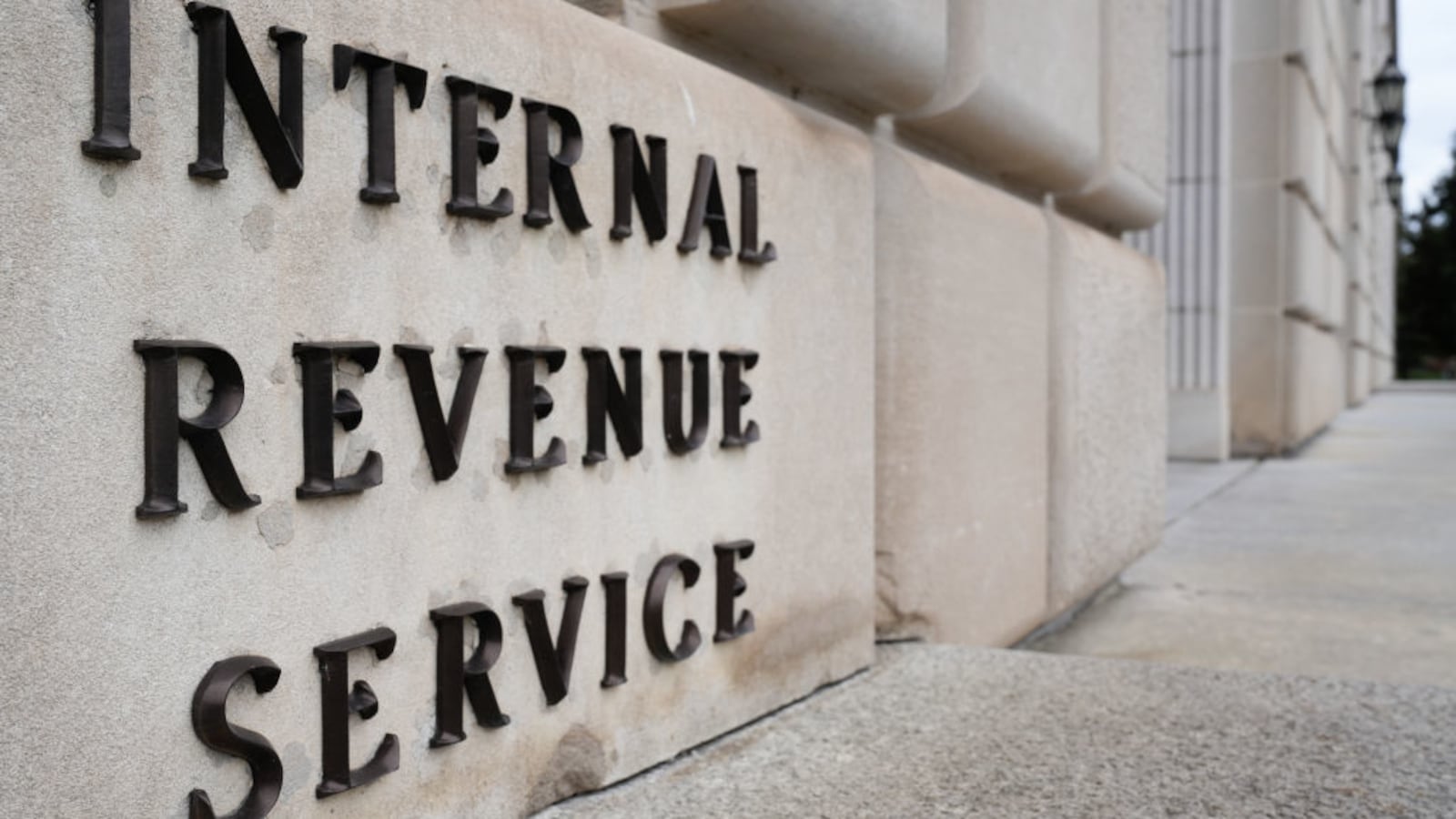For years, the IRS was too broke to take on America’s richest and most sophisticated tax filers, the agency’s commissioner, Daniel Werfel, said in a new interview. Now, he says, the government has wealthy tax dodgers squarely in its sights—and it’s using artificial intelligence to aid the crackdown.
“When we were underfunded, we lost capacity to figure out what was going on with complex tax returns. We didn't lose that much capacity on simple returns,” Werfel told CNBC. Because of new funding secured by the Inflation Reduction Act, he said, the IRS once again has the resources to sift through more difficult cases.
According to Werfel, “millionaires and billionaires that either don't file or are underreporting their income” cost the government $150 billion in lost income per year. He said the renewed focus on the wealthy—generally, people making over $400,000 per year—will make the system more fair, since the agency previously was better equipped to audit low- and middle-income filers.
Overall, he continued, “our audit rates [were] anemic across the board prior to the Inflation Reduction Act.
In a press release in January, the agency said it had compiled a list of 1,600 high-income individuals with tax liabilities. After assigning 900 cases to agency officials, the IRS was able to collect more than $482 million, with more to come.
Werfel told CNBC that ultra-rich taxpayers have the means to hire teams of lawyers and accounts, and while many of them are paying their fair share, “there are certain taxpayers that are inappropriately shielding their income, [and] we have evidence of it.”
Companies and individuals are using increasingly complicated schemes to reduce their tax burdens—some legal, and some not. “When you talk about complex partnerships, you’ve got subsidiaries and pass-throughs, you’ve got money moving across multiple jurisdictions. Now you have money in multiple currencies,” Werfel said. “In the wake of that complexity, it becomes easier to shield your income.”
The commissioner said the agency is using artificial intelligence to home in on potential tax cheats; he analogized the technology to “night vision goggles” that can quickly illuminate discrepancies in huge volumes of filings.
Werfel said the agency is utilizing publicly available data from private jet flights to uncover cases where a corporate jet is likely being used for personal use by an executive. The IRS can then probe whether the executive properly disclosed the perk on their returns.
CNBC host Robert Frank, acknowledging that his audience is “fairly affluent,” offered Werfel hypotheticals that might appeal to that crowd.
“There are people that I know who, let's say they have a vacation home in St. Barts. They also co-own a gallery in St. Barts… Maybe it's a business that they can visit with their jet to justify flying to St. Barts,” he said. Frank questioned whether the IRS could fairly and efficiently determine whether that type of private plane trip could be considered a business expense.
“This is a complex part of the tax law,” Werfel patiently explained. “But we have rules that help guide you.”






